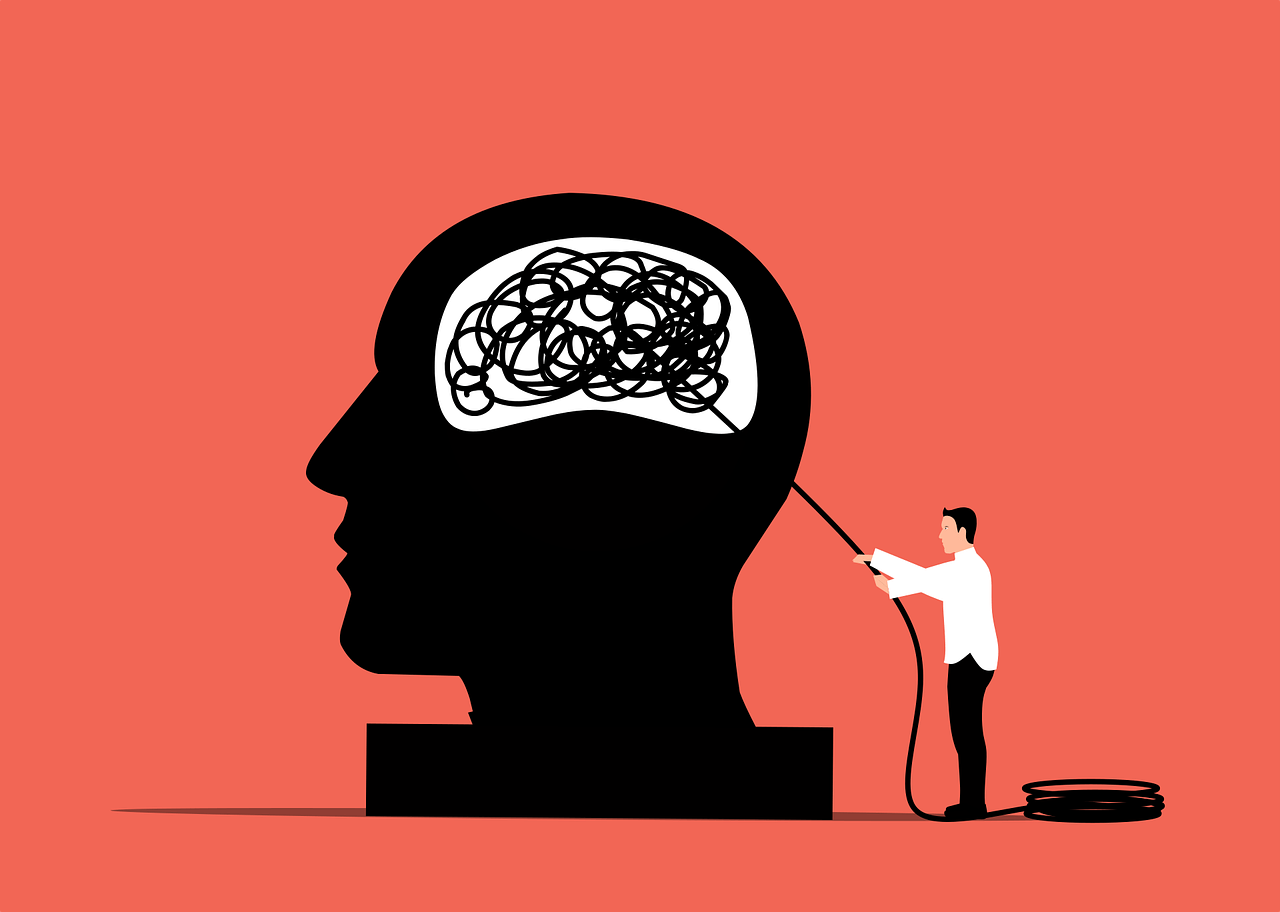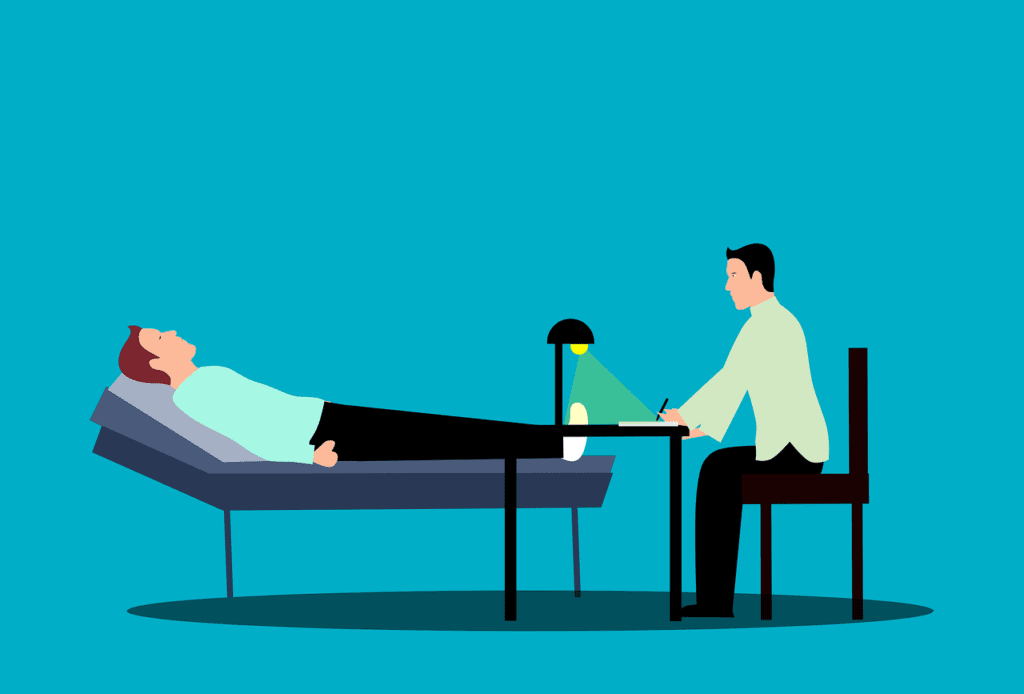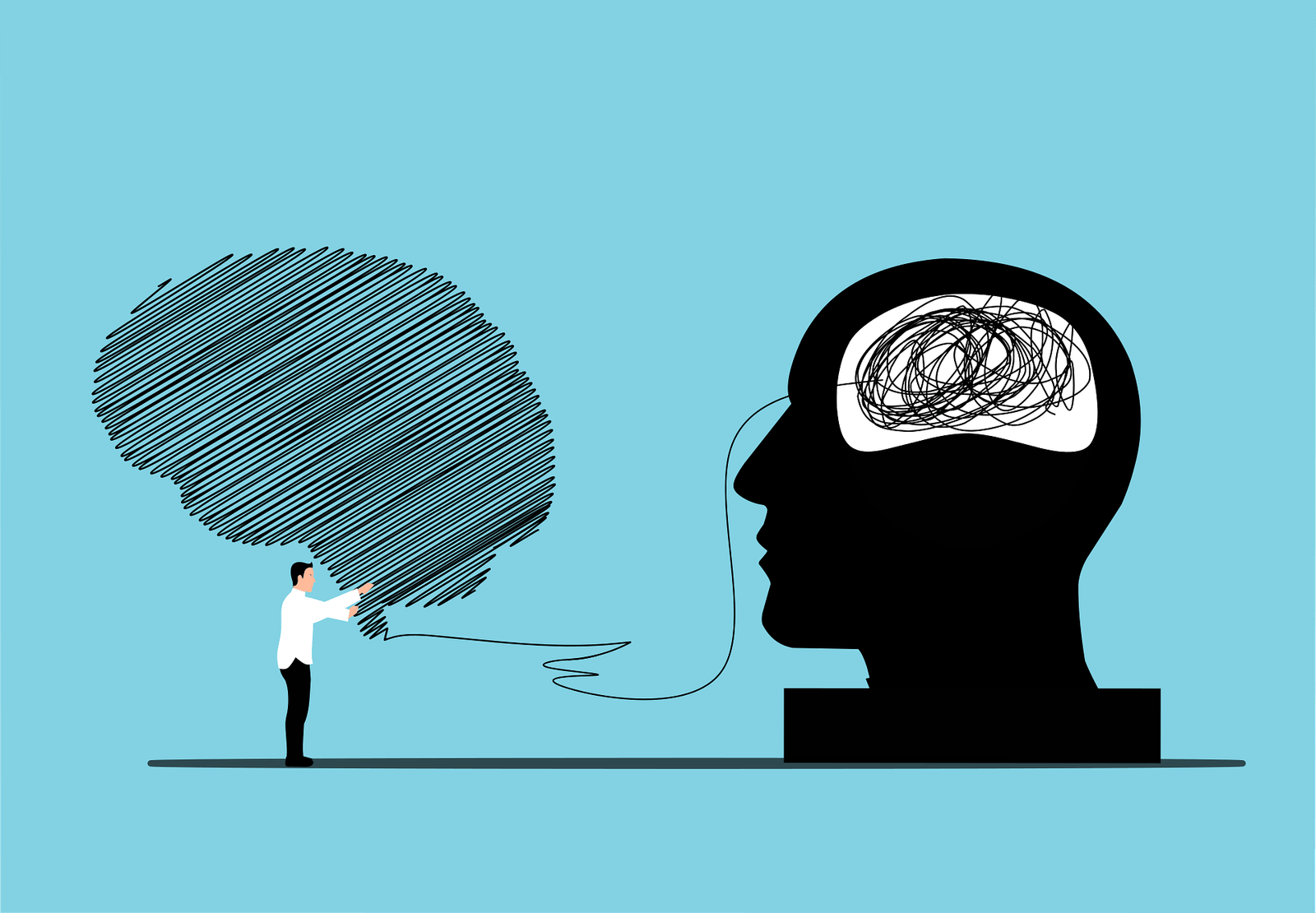Mental health, like any other form of well-being, is central to how we relate to the world and others, impacting how we live our lives together. We use therapy and counseling to care for mental health. They are among the most important aspects of mental health care.This is the help we need BetterHelp provides professional services that will keep us in check and provide life-saving strategies to manage many of our emotional, mental health difficulties. They can also help teach us to control our emotions and, thus, improve quality of life. This is what you need to know about therapy & counseling and why they are important for mental health, and know types and some benefits.
Understanding Therapy and Counseling
Therapy and counseling are often used interchangeably, but they have distinct aspects and purposes:
- Generally speaking, Therapy is a broad series of treatments in which the purpose enables a person to learn how to cope with a mental health disorder or an emotional problem. In this regard, some of the many types of treatments include cognitive-behavioral, psychodynamic, and humanistic therapies.
- In contrast, Counseling would typically address general supportive issues or concerns that arise in life. It is normally short-term and can be used for instances like career change, marital relationships, and stress problems.
Forms of Therapy and Counseling
- Cognitive Behavioral Therapy: It is one of the therapies that are more widely applied. There is a focus on pathological thinking, and practices of behaviors that cause or maintain mental illness. DBT (Dialectic Behavioral Treatment) is successful in the treatment of types like major depression, anxiety disorders and PTSD.
- Psychodynamic Therapy: A treatment that includes the past and unconscious active processes involved in how a person is present today. Answer: The therapy is the one where all his wounds and unresolved issues are being worked on to feel a bit better again.
- Humanistic Therapy: Humanistic therapy is a positive, client-oriented treatment that sees people in the best light. Other models, suchjsonGestalt and Person-centred therapies promote growth to realize one’s potential, enhance self-worth and joy.
- Counseling: Counseling addresses general problems, anything from career transition issues to relationships or the processing of grief. We can achieve this by using solution-focused approaches, active listening, and providing guidance and support tailored to the client’s needs.
Benefits of Therapy and Counseling

Emotional Assistance
The most crucial function of psychotherapy and counseling is that it provides an exclusive safe area for an individual to express his/her feelings as well as concerns with no restrictions. This supportive environment is essential when learning to cope with stress, anxiety, depression and other types of emotional dysfunction. Just talking about one’s problems with an experienced and professional person often proves to bring relief and clarity to many problems faced by the individual.
Competency Development
Therapy and counseling facilitate the development of skills to manage or cope with life difficulties. Consequently, individuals learn various techniques to cope with problems, solve them, and regulate negative emotions. These are important in enhancing daily functioning and making the person resilient against future challenges. For example, CBT often trains clients in techniques like mindfulness and cognitive restructuring, which have been found to positively impact reactions to stress and adversity.
Self-awareness
Treatment can also provide insight into the thought processes, actions, and feelings of a person. Such insight into one’s internal activity often encourages great personal growth and leads to better decision-making. This may be able to develop closer relationships too, since it can create much better communication about an individual’s needs and their limits.
Behavioral Change
Most therapeutic methods are aimed at the change of unhelpful behaviors and modes of thinking. This helps an individual in building a repertoire of healthier behaviors and good mental health. For example, in Cognitive Behavioral Therapy (CBT), clients work to change maladaptive thoughts and behaviors to more adaptive ones, leading to better emotional well-being.
Crisis Management
This form of treatment also aids in crisis management. During acute crises-destructive emotional experiences or traumas-skilled mental health professionals could provide immediate treatment and intervention. The individual can therefore work through the crisis to learn how he or she can better cope with stressful times, thereby commencing the road to recovery.
Statistics on Therapy and Counseling (2024)
The following table provides statistics highlighting the impact and utilization of therapy and counseling:
| Statistic | Data |
|---|---|
| Prevalence of Mental Health Issues | Approximately 20.6% of U.S. adults experience mental illness each year. (NAMI, 2024) |
| Therapy Utilization Rate | About 41% of individuals with mental health conditions seek therapy or counseling. (APA, 2024) |
| Effectiveness of CBT | Cognitive-Behavioral Therapy (CBT) is effective for about 65% of individuals with depression. (National Institute of Mental Health, 2024) |
| Impact on Anxiety Disorders | Approximately 52% of people with anxiety disorders report significant symptom reduction after therapy. (Anxiety and Depression Association of America, 2024) |
| Counseling for Grief and Loss | 72% of individuals who engage in grief counseling experience notable improvements in emotional adjustment. (American Psychological Association, 2024) |
Overcoming Stigma and Seeking Help

Even though therapy and counseling offer clear benefits, stigma and misconceptions about these treatments can drive people away. Regarding mental health problems, a biased lingering view has found a niche in our society, usually fed by various misconceptions and stereotypes. This creates feelings of shame or embarrassment; therefore, people may be less likely to seek help. It is very important to address these misconceptions, understand that going to therapy is proactive and commendable on anyone’s part for improving mental health. Mental health professionals provide supportive, non-judgmental care using evidence-based treatments. Therefore, everyone in emotional or psychological distress should consider utilizing therapy as a valuable resource.
Conclusion
Professional therapy and counseling are central to mental health care, as they support individuals through challenging times. Specifically, these services offer emotional support, skill development, increased self-awareness, behavioral change, and crisis management.
Overcoming stigma, seeing the right mental health professional can improve mental condition and well-being. Embracing therapy and counseling broadly ensures better quality of life, increased emotional resilience, and personal growth.
“Therapy and counseling provide a space where you can explore your inner world, gain clarity, and discover the strength to transform your life from within.”

